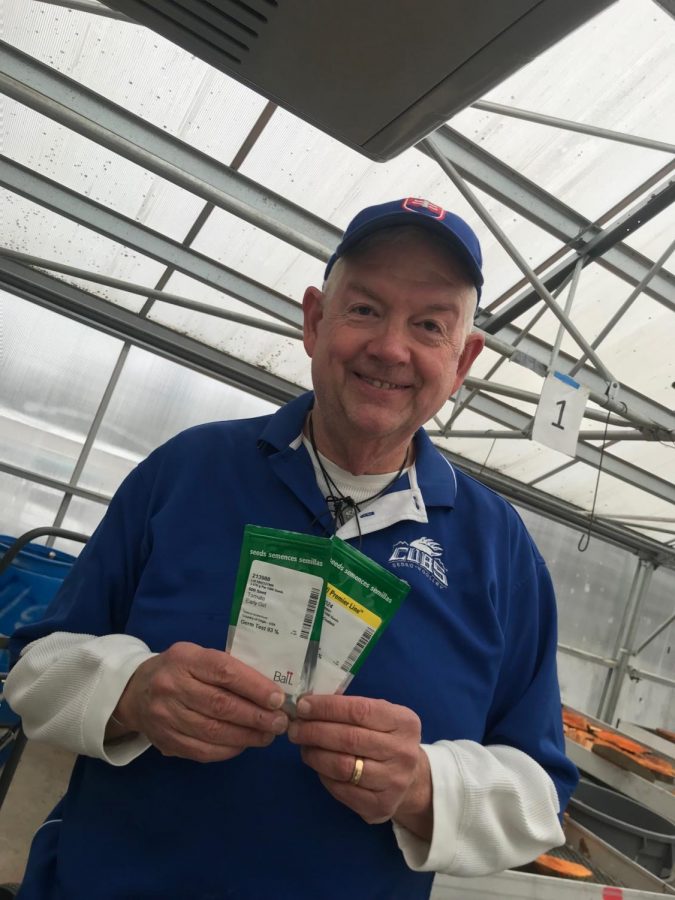Skagit County Implements Farm To School Agriculture Program
Agriculture is an up-and-coming theme within the tight knit community of Sedro- Woolley. Steve Crider is the head of ‘Farm-to-School’ who also works with Viva Farms, a non-profit Skagit county training program with the aim to cultivate new farmers into Agricultural work. According to their website, they have educated over 700 new farmers in their 10 years of existence, including over 150 Spanish-speakers in organic farming.
Crider has spent his professional working life among organic and agricultural foods. “It’s called a farmer/agriculture ‘incubator’ program as we assist our participants over several years,” said Crider, who is also the 2013 recipient of ‘The Flash of Silver’ award. The award is given to those who have shown integrity and concern for the Agricultural world.
In continuation, Crider states, “[We are] providing training, access to land, equipment, expertise, funding, sales and marketing for these new, emerging agriculture producers-the next generation of local farmers.”
Viva Farms is very dedicated to expanding the agricultural community, including Skagit County locals who have expressed interest in the field.
“Long term, I am working across all of Skagit Valley and at the WA state level to help advance Farm to School to become better integrated into school education, culture, and food service programs.” Crider is currently working with all seven school districts within Skagit Valley.
“School Lunch programs are woefully underfunded, so they have real limitations on what they can offer-and do remarkable work with what they have,” said Crider. “We would like to see more local produced farm ingredients used in school meals, and a vibrant garden space available for a wide array of classwork activities.”
This includes the use of locally grown fruits and vegetables within schools lunches. In 2018, Viva Farms had 23 new farms, businesses, and families involved in working to swell this number.
Farms to School is also working with the United General District 304, a public hospital that works on preventing disease and promotes health. Danika Troupe works for the hospital, coordinating the Farm to School Planning grant received from the United States Department of Agriculture (USDA).
Troupe explained a few main goals that the USDA grant focuses on. “Increase purchasing of local fruits and vegetables for school district food.” This will make the purchasing of locally grown foods easier and more accessible for schools. It can be difficult for both the suppliers to get the required tools to sell produce, as well as those working in the cafeteria who have to wash, peel, slice, cut, etc. rather than working with pre-prepared foods.
Another one of Troupe’s goals is to, “expand Harvest of the Month.” Harvest of the Month is a monthly fruit or vegetable chosen to be an addition to the school’s lunch menu. These fruits and vegetables are picked from farms. There’s even a video of the farm that they purchased them from up on their Facebook page. Last but not least Troupe wants to, “explore school garden needs.”
Many schools, including Sedro-Woolley High School, are starting their very own gardens, and the Farm to School program wants to explore those needs.
According to Torupe, all of this effort will be to get another grant in place for the “Farm 2 School Implementation”. An implementation grant will allows schools to purchase items for the kitchen to help process locally purchased food,” states Troupe, who is also a Certified Health Education Specialist.
The implementation of Farms to School will make access easier for those who want to take the farming and agricultural route leaving high school. The blooming culture will help advocate for the future farmers of Skagit, and even strength the community at SWHS.














